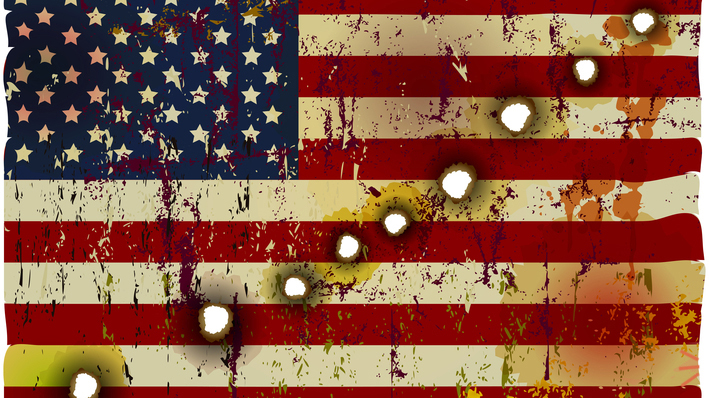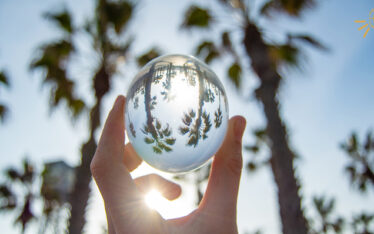
ThomasBethge/Shutterstock.com
“It’s funny how in the States, the word patriotism has nearly morphed into a dirty word for many. Especially in today’s political environment, huge numbers would say it’s an absolute joke to be a patriot given this country’s countless faults.
When this country not only established a system that used the backs of native Americans and racial minorities as building blocks but equally maintained an institutionalized form of systematically oppressing minorities, how does one express a deeply rooted fierté nationale (national pride)?
You see the red, white, and blue merchandise, and you rhetorically ask what there is to be proud of.
EACH OTHER’S KEEPER
Listening to former President Obama’s 2004 DNC speech triggered an alternate understanding: “If there is a child on the south side of Chicago who can’t read, that matters to me, even if it’s not my child. If there’s a senior citizen somewhere who can’t pay for their prescription drugs, and has to choose between medicine and the rent, that makes my life poorer, even if it’s not my grandparent. […] It is that fundamental belief, I am my brother’s keeper, I am my sister’s keeper that makes this country work.”
MODERATED PRIDE
This notion of a collective concern for all those living under the wing of our shared government came as a revolutionary take on the concept. Obama’s speech offered a different narrative, a substitute to the aggressive commercialized “pride” I grew so used to— one I only now realize is a warped version of patriotism given it resembling far more material nationalism than a profound care for a country and all its people.
Hearing the words “I am my sister’s keeper” I wouldn’t be able to tell you the exact thought provoked, but I know that it was leading me on to the possibility of there being a different narrative available than the one that I’d been sold thus far. One that is perhaps far more mobilized in reconciliation our faulted past and including those that’ve been far too long neglected from the country’s collective narrative.
MULTI-VIEWS
Easier to be a Patriot from France than the U.S.
I initially thought up of this topic given the multicultural exchanges I’ve had of late. Coming to France, I discovered a general patriotic sentiment was far more accepted on both ends of the political spectrum.
Given France as well as the US have somber pasts of exploiting minority lives— pasts that have withheld present day consequences on policy—, I started thinking why it was far less globally taboo to be a patriot from France than from the U.S.
From there, enough thinking went into it that I could no longer grasp what the word even meant. Is it taking pride in a nation despite its dark spots in history? Is it neglecting the nation’s flaws for the bigger picture— the culture, the values, etc.? Or does it require rather a critical observation of the country’s reality, finding the faults and actively wanting to right the present wrongs out of a concern for the collective?
All of these questions developed as a result of now seeing the subject patriotism in a comparative light, providing the possibility of an alternate narrative, just as Obama’s speech did.
GEN Z VOICES
Given I still am uncertain as to where I stand on the topic, I took to the voices of this generation to receive perspective on the topic, listening to how each interviewee develops what the word means to them in regards to their personal relationship with their native country.
About the Article
An introductory look at varying views today on Patriotism from both sides of the Atlantic.
Interviews



